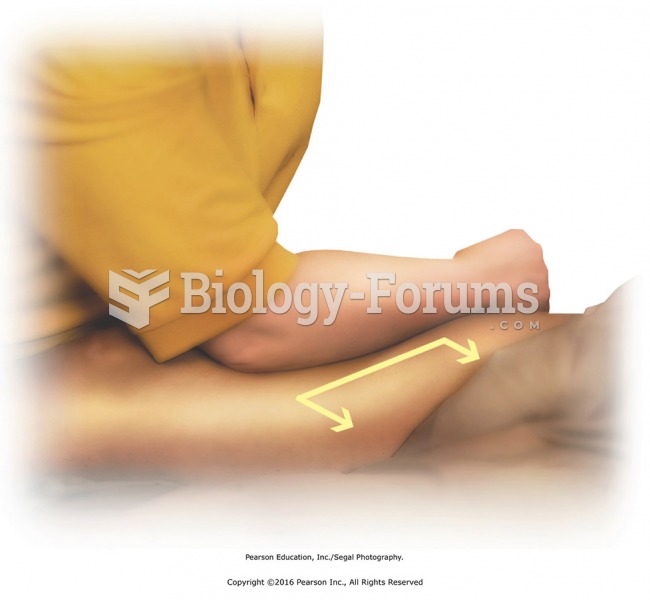|
|
|
The B-complex vitamins and vitamin C are not stored in the body and must be replaced each day.
Pink eye is a term that refers to conjunctivitis, which is inflammation of the thin, clear membrane (conjunctiva) over the white part of the eye (sclera). It may be triggered by a virus, bacteria, or foreign body in the eye. Antibiotic eye drops alleviate bacterial conjunctivitis, and antihistamine allergy pills or eye drops help control allergic conjunctivitis symptoms.
The immune system needs 9.5 hours of sleep in total darkness to recharge completely.
It is believed that the Incas used anesthesia. Evidence supports the theory that shamans chewed cocoa leaves and drilled holes into the heads of patients (letting evil spirits escape), spitting into the wounds they made. The mixture of cocaine, saliva, and resin numbed the site enough to allow hours of drilling.
Most strokes are caused when blood clots move to a blood vessel in the brain and block blood flow to that area. Thrombolytic therapy can be used to dissolve the clot quickly. If given within 3 hours of the first stroke symptoms, this therapy can help limit stroke damage and disability.
 Apply forearm to the deep fascia of the back. Stand to one side of the face cradle; use the proximal ...
Apply forearm to the deep fascia of the back. Stand to one side of the face cradle; use the proximal ...
 Apply direct pressure along upper trapezius, turning the head to access the area. Use your thumb to ...
Apply direct pressure along upper trapezius, turning the head to access the area. Use your thumb to ...




